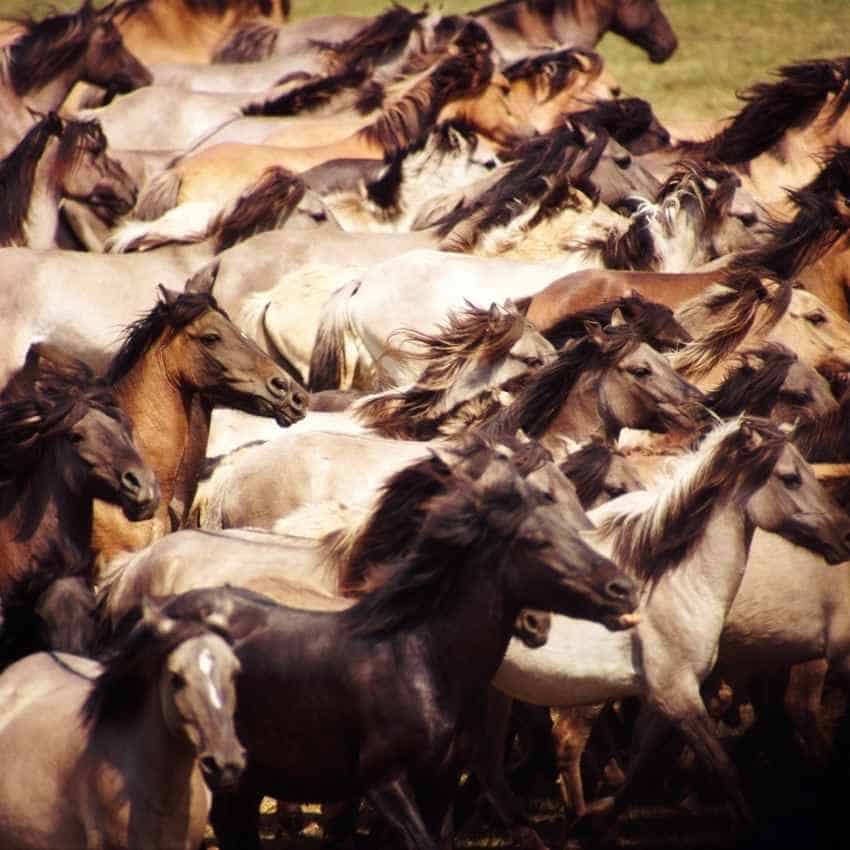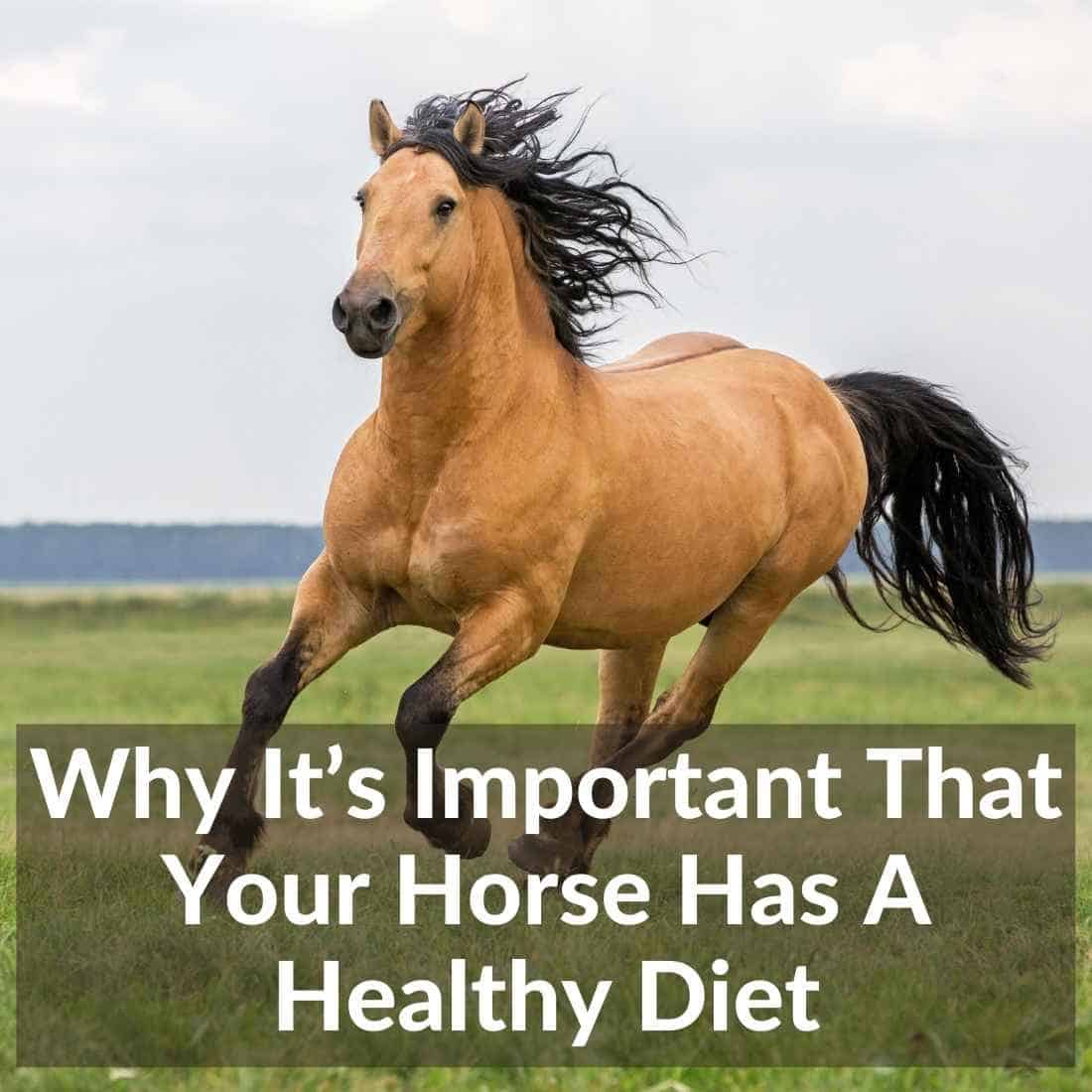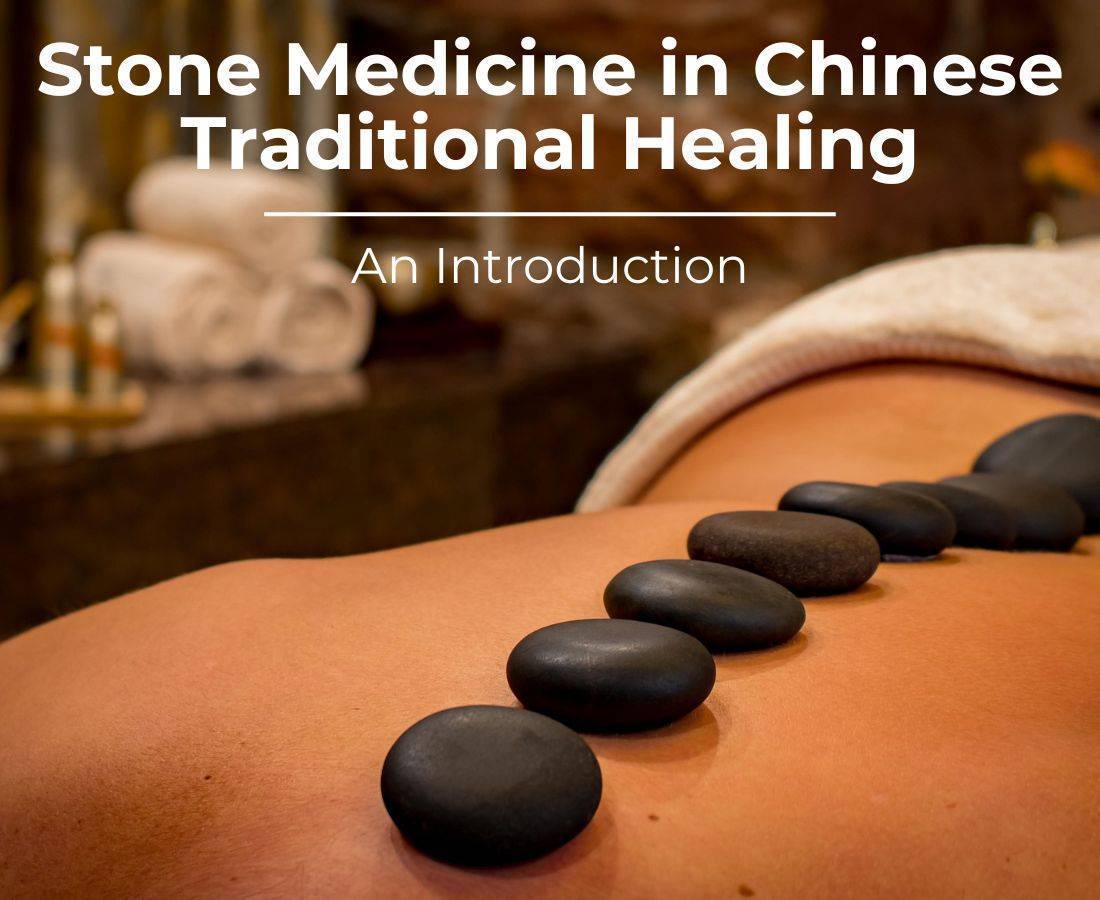There are many horse owners that believe that horse diet is not important. This couldn’t be further from the truth. If your horse doesn’t have a healthy diet, it will lead to numerous health problems and can even shorten its life span! In this blog post, we hope to show you why horse diet is so important and how it impacts both horses and horse owners alike.
Table of Contents

What are the benefits of a healthy diet for your horse
A horse’s diet will impact its overall health and well-being. If the horse isn’t receiving all of the nutrients that it needs, then you can expect problems to occur such as:
- Obesity – This is one of the most common issues for horses with an unhealthy diet. Overeating or eating foods high in sugar and fat will cause your horse to gain weight too quickly which may lead to heart disease and other serious medical conditions.
- Dental Problems – Horses with a poor diet can develop dental issues such as sharp edges on their teeth, holes in their molars, and poorly formed horse teeth that may even be crooked or slanted. Not only will these problems affect the horse from chewing its food properly but it also could lead to malocclusion which is when the horse’s top and bottom jaw don’t overlap correctly. In severe cases of malnutrition, your horse may not have any healthy teeth at all!
- Muscle Wasting – When horses aren’t fed enough macronutrients (such as carbohydrates) they begin to burn through what little energy reserves they do have stored inside them very quickly which results in muscle wasting if macronutrients are not replaced. This causes the horse to become extremely weak and lethargic which can be dangerous if it needs to get up quickly, for example. If left untreated then muscle wasting could lead to a horse’s death!
Why is it important to feed them correctly
As we’ve explained above, horse diet is so important because it can cause a variety of health problems and conditions. That’s why it is best to use equine balancer methods for horse diet. These issues will obviously affect the horse and you as its owner but it also means that your horse won’t be able to perform at optimum levels which could lead to dangerous situations such as:
- Collapsing – If your horse doesn’t have the energy reserves then this may result in them collapsing from exhaustion during long journeys or races. This can be extremely dangerous and it could easily cause them to break a leg or injure another horse nearby.
- Misdirected Aggression – Some horses will become very aggressive if they’re suffering from malnutrition as this is one of their ways of lashing out at the world around them as their brain becomes impaired by lack of nutrition. Your horse may even begin acting aggressively towards you which can be especially scary during horse riding lessons! This means that your horse needs an immediate dietary change so it doesn’t develop serious health problems such as those we’ve mentioned above.
Horses need certain nutrients in order for healthy teeth, muscles, and bones to form but what does a horse diet look like? A horse’s diet should consist mainly of hay (grass) with some horse feed (we recommend horse cubes) added to it. Hay is an excellent source of protein, fat, and fiber which horses need in order to stay strong, healthy, and happy!
What should you be feeding them and why
Horses are grazers by nature so they would benefit from snacking throughout the day rather than having three large meals a day because grazing keeps them chewing all day long instead of just sitting around digesting food. Having a horse that grazes all day would also help to keep their teeth healthy by chewing on something instead of just wearing it down with normal wear and tear.
This being said, horses do have different dietary needs according to what they are doing or if there is anything going on with the horse medically so it’s important for horse owners to know more about how much nutrition their horse should be getting in order to maintain a proper diet.
How can you make sure they get what they need?
Even if they’re on pasture or hay only 5 days out of the week, horse owners should still be concerned about providing their horse with a healthy diet because eating grass and hay alone isn’t enough for horses. Horses lack the digestive system to digest some things that they eat so feeding them more than just food from nature is important in order to keep them healthy. In addition, horse owners may find it beneficial to add nutritional supplements such as Nutri-Cal or other common additives into their horse’s feed while also ensuring that plenty of freshwater is available at all times.
What horse owners should know to keep their horses healthy
Horses need a lot of nutrients in order for them to stay strong, active, and happy throughout the day. In addition to hay (grass), horse feed is also important because it provides horses with carbohydrates which are used as energy by the muscles. Carbohydrates do not last long inside the horse’s body so they must be replenished throughout the day or else there will be serious consequences such as muscle wasting!
This can lead to a horse collapsing during horse riding lessons or other activities due to exhaustion which could easily injure your horse if you’re up high on its back while going at full speed across uneven ground. Horses that have been suffering from malnutrition may also become aggressive towards humans but this doesn’t have to be the case if horse owners are willing to help their horses stay healthy.

There are many benefits to a healthy diet for your horse, including better hoof and coat quality as well as improved immune system function. Horses require specific types of nutrients that they need in order to live their best lives – not just any old hay will do! Feeding them the right foods can help ensure that they get what they need for optimal health, but it’s important that you know what those things are beforehand. We’ve outlined some key points below on how to feed your horses correctly so make sure to read this article if you want more information about feeding horses with an eye towards good skincare practices.

